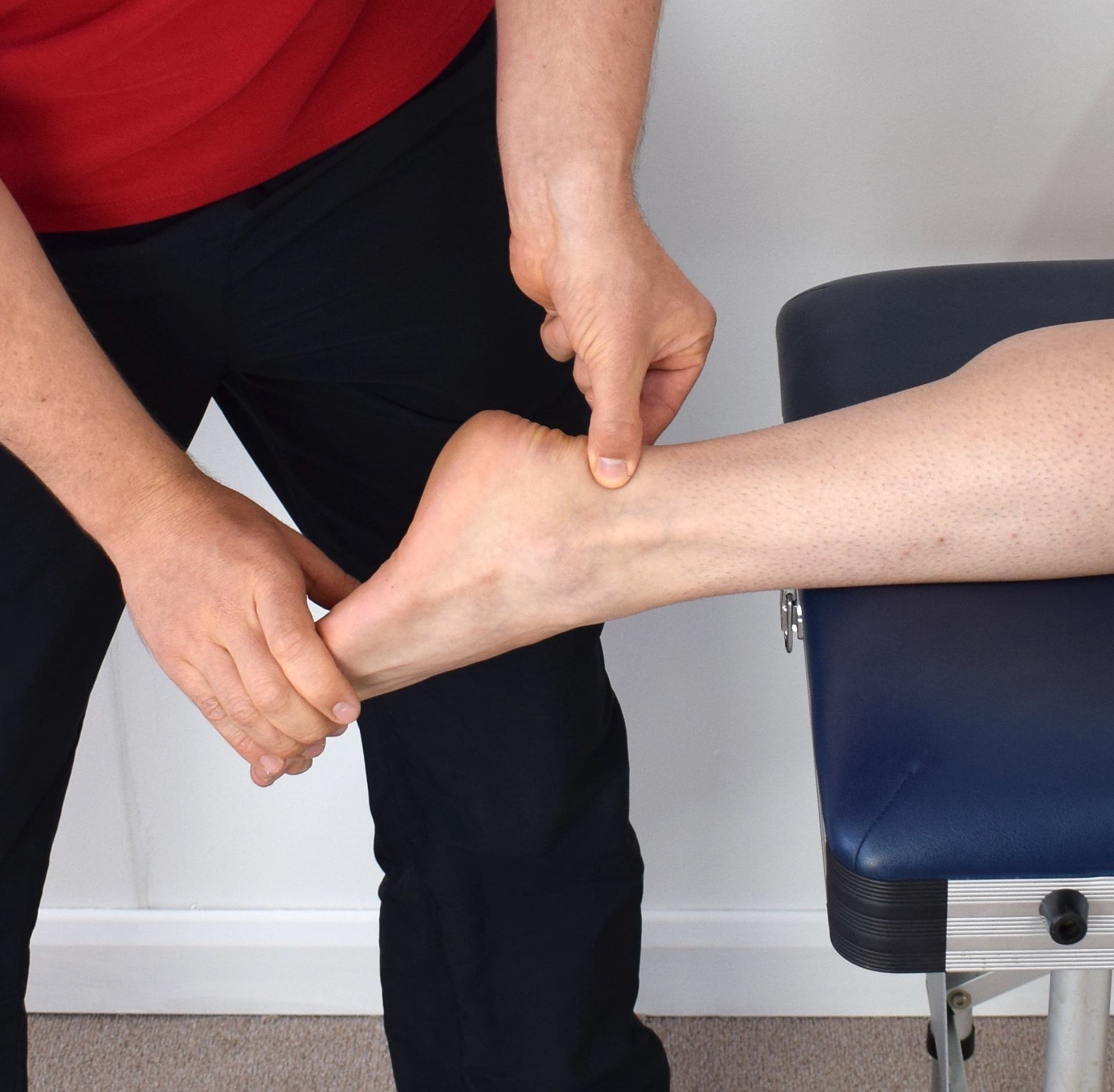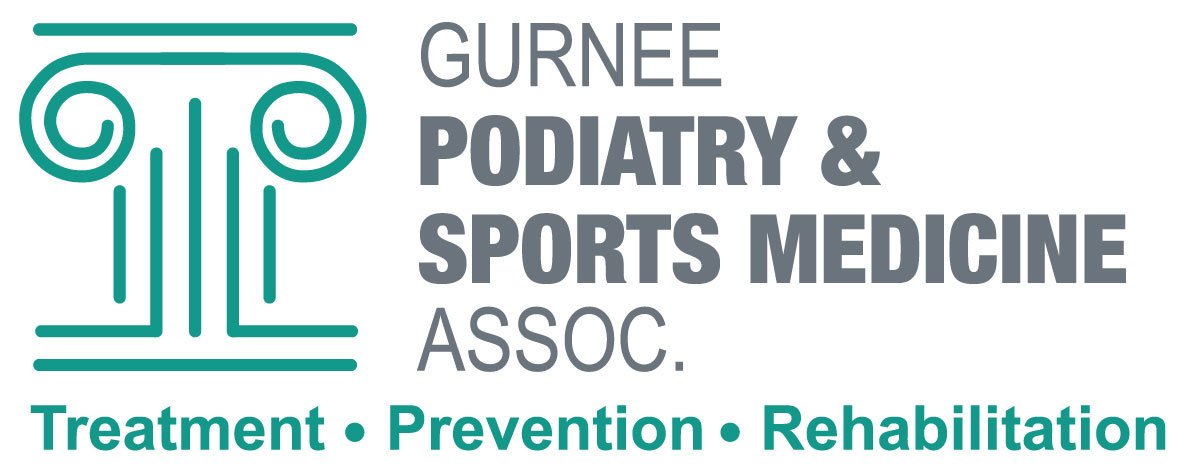The achilles tendon is the largest tendon in the lower extremity. It is a very important component of walking and running as it's used to push off the ground and maintain the leg's gate.
As a commonly used muscle, the achilles tendon is very susceptible to injury and prolonged issues can become problematic.
The achilles tendon is made up of three muscles which attach to the back of your heel bone. You can have achilles issues in each of the three different muscles, and although they are the same structure, issues and treatment may be different for each of the zones.
What is Achilles Tendonitis?
Achilles tendonitis is the inflammation of the large tendon behind the ankle.
What are the Symptoms of Achilles Tendonitis?
Symptoms of achilles tendonitis are: stiffness in the achilles (back of the heel) upon arising, inflammation, redness, swelling, and sometimes pain from the shoe rubbing onto the back of the tendon or the heel insertion point.
What Causes Achilles Tendonitis?
Achilles tendonitis can be caused by:
- Tightness or weakness in achilles tendon
- Weak hip and/or core muscles
- Over pronation (side-to-side movement) of the foot while walking or running
- Increased athletic activities
- Walking on an incline
- Shoes that have a lower heel profile
Individuals with these symptoms are predisposed to achilles tendonitis or achilles tears.

If problems lingers, it may become a chronic condition which is much more difficult to treat quickly. Often the achilles tendonitis becomes Tendonosis (which means chronic irritation and inflammation that could develop into an intra-substance tear) .
How to Treat Achilles Tendonitis
Depending on what zone your achilles tendon issue is located in treatment may include: physical therapy, stretching, Ice, Injection therapy, heel cups, proper shoes, and/or a reduction of certain activities.
General tendinitis issues traditionally follows a similar symptomatology pattern, cause, treatment plan depending on location in the foot or ankle.
Get Your Achilles Tendonitis Treatment Plan Today
Many people will exercise or run through tightness or weakness and complain of significant soreness later. This is not a good sign.
Early aggressive and conservative treatment is important as it may take a long time to rehabilitate and treat.
If you are experiencing any of the above achilles pain or discomfort, contact our team today to receive expert podiatric care.
The Achilles Tendonitis experts at our practice will closely examine your foot to determine the best treatment options for your achilles tendonitis.
